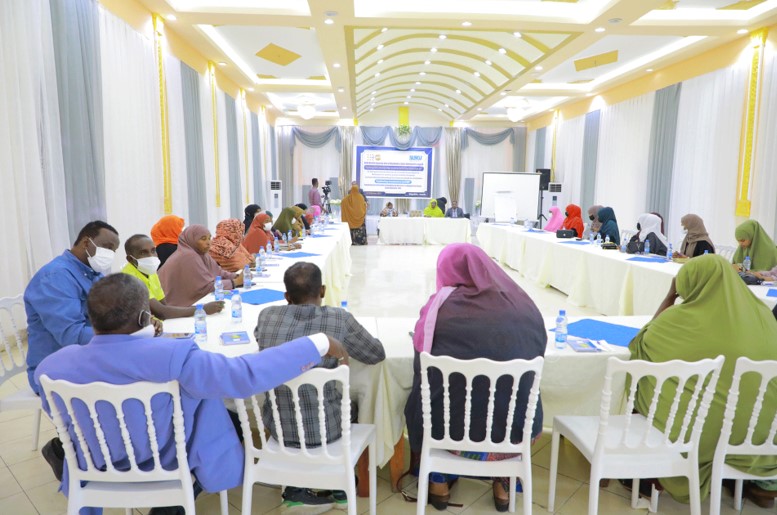For Somali journalists, insecurity is just part of the problem
Post By Diaspoint | May 4, 2023

The globe marked the World Press Freedom Day on Wednesday with rallying calls to stop gagging the media. In the East African region, Somali practitioners repeated an old song: calling for an end to impunity now blamed for hurting press freedom there, even more than the danger of Al-Shabaab militants.
Somalia, of course, has been the worst country in the Horn of Africa to work in as a journalist. For the last 15 years, at least 80 journalists have been killed. And it has often been blamed on Al-Shabaab.
But press lobbies there say the trend has also included government officials abusing their powers to frustrate a free press.
Omar Farouk Osman and his colleague Nima Hassan Abdi lead a local lobby known as the National Union of Somali Journalists (Nusoj). This week, they were in Nairobi to mark the World Press Freedom Day at a conference facilitated by the Australian High Commission. Their work used to be that of looking over your shoulder. Now they have to fight with online trolls too.
Social media
“I have seen the practise of journalism change over time in my country. When I started, there was a huge challenge of security but now, we face even more difficulties from the social media platforms,” he told NTV in an interview on Wednesday on the side-lines of the conference co-organised by the Kenya Union of Journalists.
Not that Somalia’s challenge with the trolls or fake news is unique. It is in Kenya too, and in other African countries.
In fact, social media has huge potential and presents a likable target for mainstream journalists across Africa and not only in the region. Tiktok, Instagram, Twitter and Facebook have become major platforms for mainstream media to churn out their content to targeted audiences, according to one recent study by the Media Council of Kenya.
It has its challenges everywhere. In Somalia, it is competition, and a threat.
“Both broadcast and print media are challenged by social media back home,” Omar said.
“I know some radio stations which have now completely forgotten about updating their [news] websites. That is gone. What is happening now in Somalia is media houses, radio stations [are] using social media, to their own advantage.
“People don’t see how we can address this, because it’s easier for journalists to update social media accounts so that they feed the public even before they reach the newsroom,” stated Omar, the Secretary-General of Nusoj.
Read More from original source
